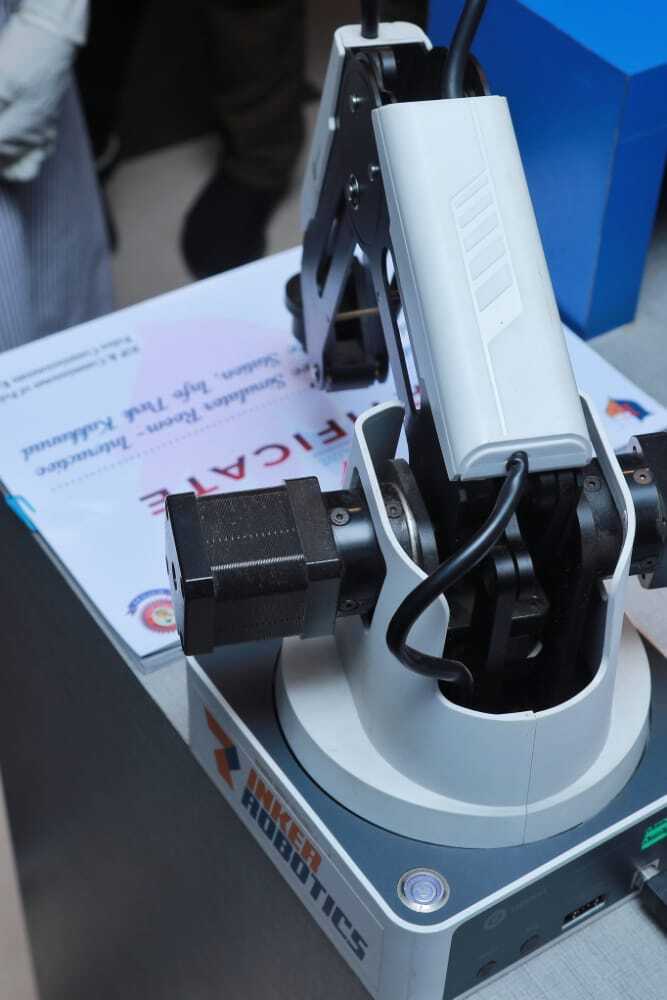After drugs, it is online gaming that is becoming a headache for parents and the police alike, as children are increasingly getting addicted to it. After smartphones became an integral pat of our lives, online games became the new favorite of youngsters. The scariest part is they play these games with complete strangers whom they meet online. And, gradually, they get hooked onto these online games and they become an addiction.
This addiction affects their studies, mental and physical health, and causes strains in their relationships. Noting the adverse effects of online gaming, Kerala police have started an initiative to slowly wean away youngsters from the addiction. DCP (Law & Order), Kochi city, Aishwarya Dongre talked about this initiative in detail with Indian Masterminds.
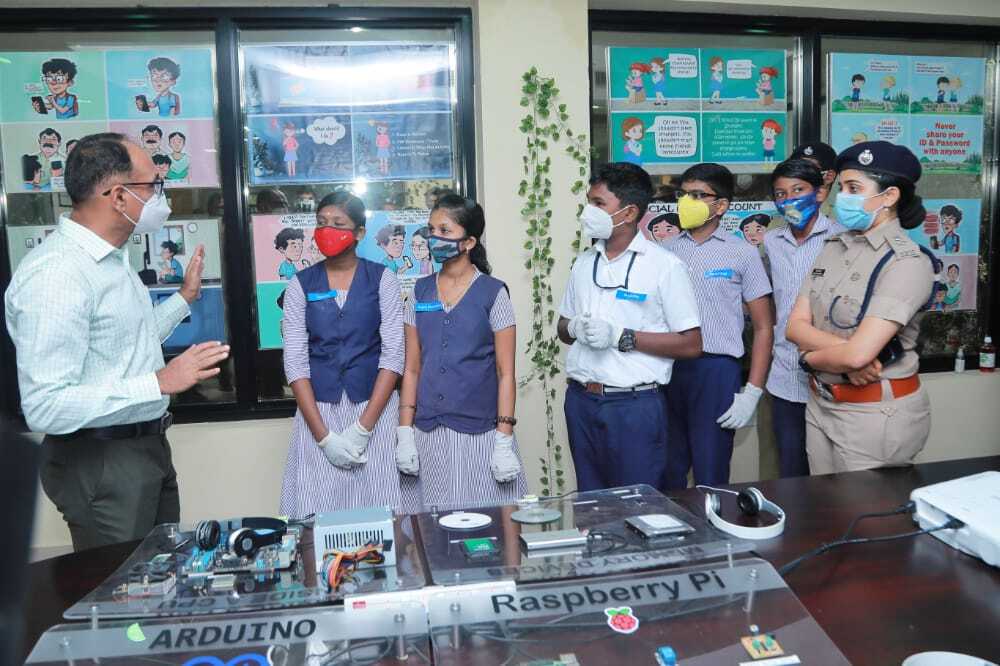
ADDICTION THAT CAN BE FATAL
Video games instantly became a hit among children when it was introduced decades ago. But now, its position has been usurped by online gaming. In the last few years, there have been several instances when online gaming addiction has harmed the mental health of young kids and even got them killed! Games like Blue Whale and Pub-G are examples of online games that have not only made children weirdly obsessed with them but have also resulted in fatal accidents, suicides, and cases of violence.
Kerala Police decided to take matters into hand by providing children with appropriate guidance on online gaming and its repercussions. They launched a cyber simulation program under their umbrella program ‘Kid Glove’ where children are given lessons on cyber security and cybercrimes so that they can comprehend for themselves the dangers that they might face when exposed to the online environment.
“This simulation room is a de-addiction center where we try to give them experiences of what happens if they are in danger in cyberspace. We trigger their senses to make them understand in real-time that cyber danger is real,” Mr. Dongre told Indian Masterminds.
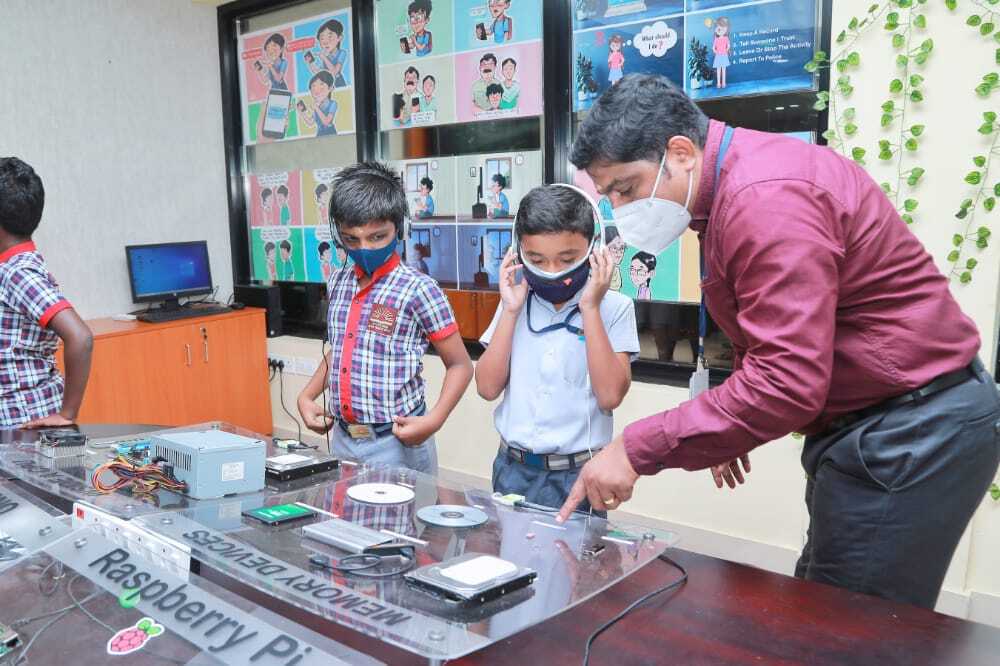
CYBER SIMULATION ROOM
The Cyber Simulation Room invites schoolchildren to visit it on a daily basis and gives them a guided walk through the entire room, which is called a ‘Digital Forest’. As the students enter this forest, they are asked to create a username and password.
“While they are creating their username, we guide them as to how they should go about it. We give them tips like not to use their name, age, gender, DOB in it as these are basic things that can reveal your identity. It’s a virtual space housing robots that guide these kids through a game,” the officer informed.
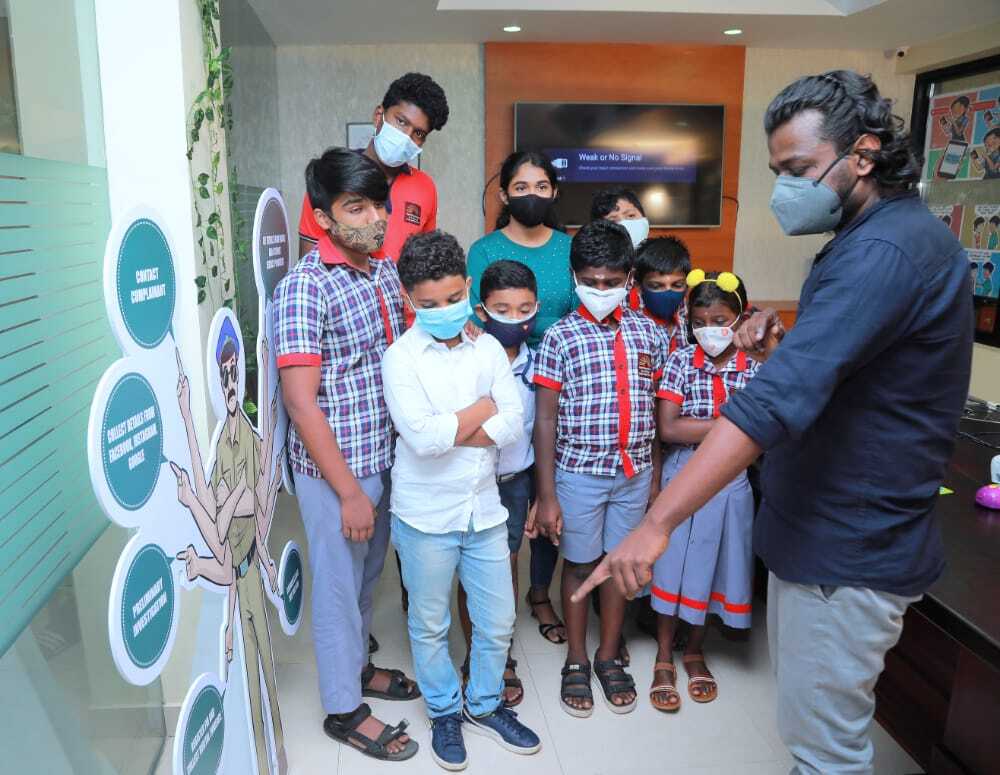
In case a child is a victim of cyberbullying, they are taught how to tackle the bullying and stop it themselves without approaching police. Step by step they are taken on a guided tour that reveals to them how they might fall into danger in the cyber world and how they can avoid cyber-harassment and report it by being extra vigilant and proactive.
“It includes counseling and cyber etiquettes. We don’t tell them to not be in cyberspace, we tell them how to be a little safer in cyberspace,” DCP Dongre said.
PANDEMIC INCREASED NET DEPENDENCY
The global pandemic of Covid19 accelerated the arrival of an internet-dependent society, and as everything from entertainment to learning became online, young kids got exposed to cyberspace at a very early age.
However, online gaming addiction in students had been observed even before the pandemic hit the world. As kids began getting their own smartphones, originally for the purpose of safety, their inclination towards online space and gaming increased heavily. Movies such as Hackers (1995), Nerve (2016), and the recent web series Squid Game, all portray stories of games gone wrong.
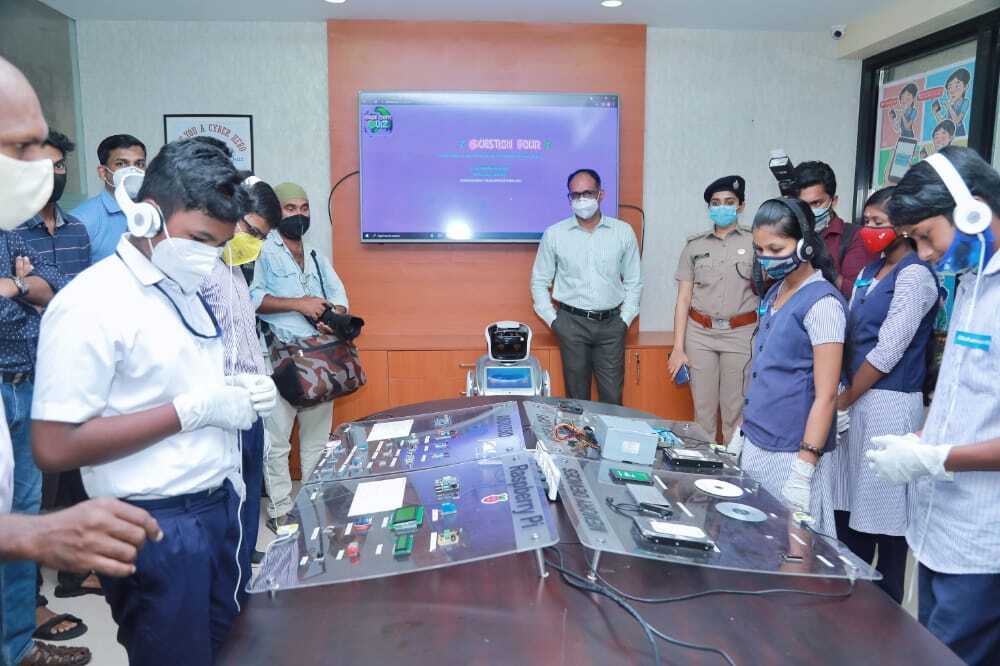
In such a scenario, the Kerala Police’s initiative to help and gently guide the children out of their addiction is praiseworthy.
“Today, children have easier access to the internet. Back in our time, computer classes began in school from classes 8-9, and that too, to teach us the basics of computer technology. Now, with busier parents and families, children have access to mobile phones easily without anyone monitoring their activities. Even infants are given YouTube videos on nursery rhymes as soon as they start crying these days,” Ms. Dongre said.
The only way out of this situation is for parents to maintain a proper balance between giving kids access to the internet for learning purposes and, at the same time, maintaining strict vigilance on their searches and accesses.



